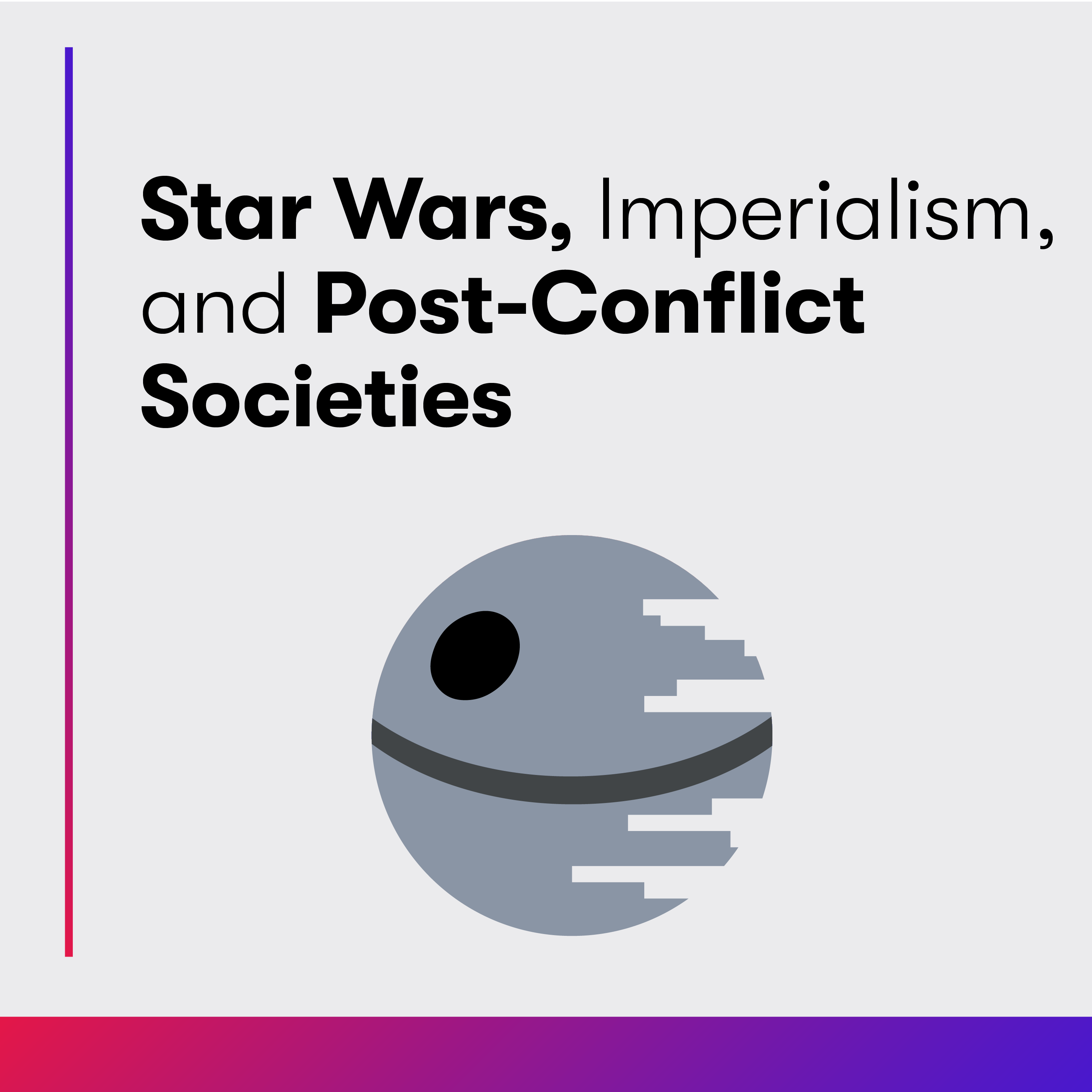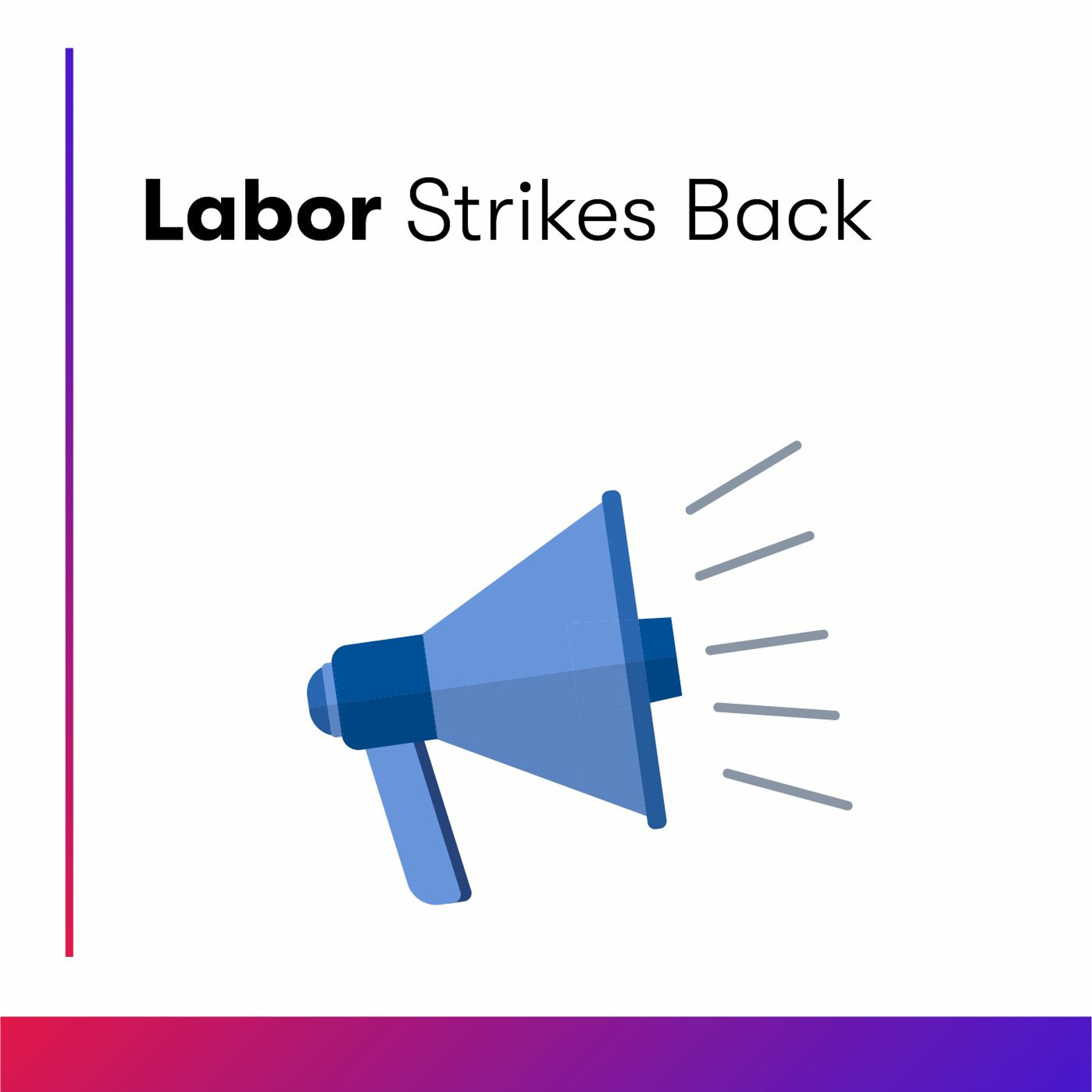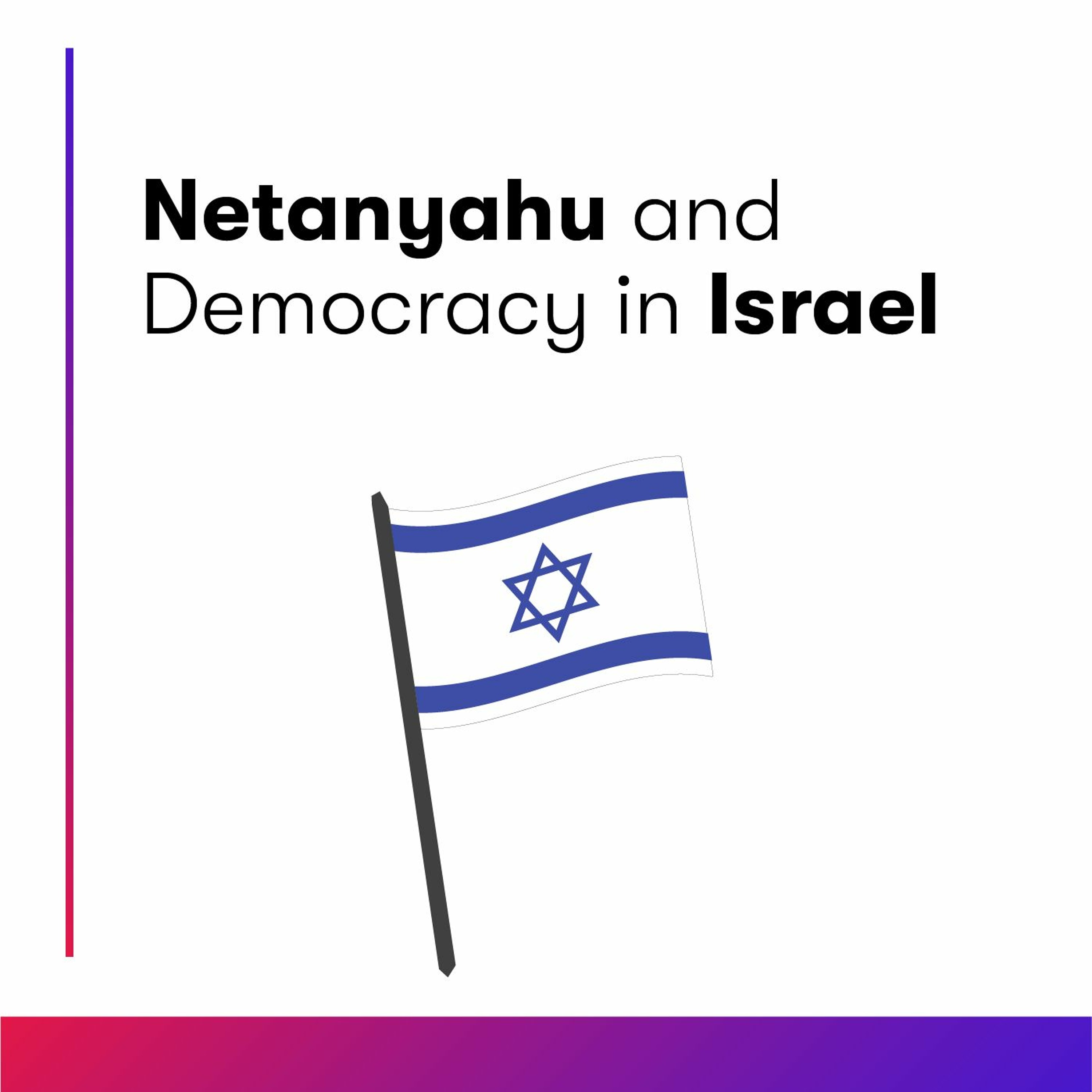Why We Talk About Corruption
Update: 2023-05-01
Description
Whenever we hear the word corruption, we always think that it’s others who are corrupt; it’s never the people we support, and it’s certainly never us. In this episode of Big World, SIS professor Malini Ranganathan and AU’s College of Arts and Sciences professor David Pike join us to talk about corruption, the stories we tell about it, and the narratives to which we cling.
Professors Ranganathan and Pike discuss the inspiration behind their recent book, “Corruption Plots,” and explain why the story is so important now (2:01 ). Ranganathan walks us through defining what exactly “corruption talk” is and how it differs from actual corruption (4:39 ). Pike describes the meaning behind the book’s title and explains the ways in which the multiple connotations of the word “plots” make up different aspects of the co-authors’ research expertise (6:32 ).
Since the book itself is comprised of a multitude of stories, Ranganathan (8:40 ) and Pike (11:25 ) give their favorite anecdote and memory from their on-the-ground research. Pulling from his own discipline, what does Pike think fiction can teach us that real-life fieldwork cannot (13:29 )? Ranganathan also describes what Operation Clean the Nation was and how understanding it can teach us about corruption narratives (18:35 ).
Why do social difference and inequality matter in the study of corruption (21:49 )? And how does corruption apply to the middle class (25:12 )? What is the relationship between corruption and capitalism, and are there economic systems that do a better job of preventing systemic corruption (27:48 )?
During our “Take Five” segment, Professors Ranganathan and Pike share the five things they would tell anti-corruption agencies (15:14 ).
Professors Ranganathan and Pike discuss the inspiration behind their recent book, “Corruption Plots,” and explain why the story is so important now (2:01 ). Ranganathan walks us through defining what exactly “corruption talk” is and how it differs from actual corruption (4:39 ). Pike describes the meaning behind the book’s title and explains the ways in which the multiple connotations of the word “plots” make up different aspects of the co-authors’ research expertise (6:32 ).
Since the book itself is comprised of a multitude of stories, Ranganathan (8:40 ) and Pike (11:25 ) give their favorite anecdote and memory from their on-the-ground research. Pulling from his own discipline, what does Pike think fiction can teach us that real-life fieldwork cannot (13:29 )? Ranganathan also describes what Operation Clean the Nation was and how understanding it can teach us about corruption narratives (18:35 ).
Why do social difference and inequality matter in the study of corruption (21:49 )? And how does corruption apply to the middle class (25:12 )? What is the relationship between corruption and capitalism, and are there economic systems that do a better job of preventing systemic corruption (27:48 )?
During our “Take Five” segment, Professors Ranganathan and Pike share the five things they would tell anti-corruption agencies (15:14 ).
Comments
Top Podcasts
The Best New Comedy Podcast Right Now – June 2024The Best News Podcast Right Now – June 2024The Best New Business Podcast Right Now – June 2024The Best New Sports Podcast Right Now – June 2024The Best New True Crime Podcast Right Now – June 2024The Best New Joe Rogan Experience Podcast Right Now – June 20The Best New Dan Bongino Show Podcast Right Now – June 20The Best New Mark Levin Podcast – June 2024
In Channel
























